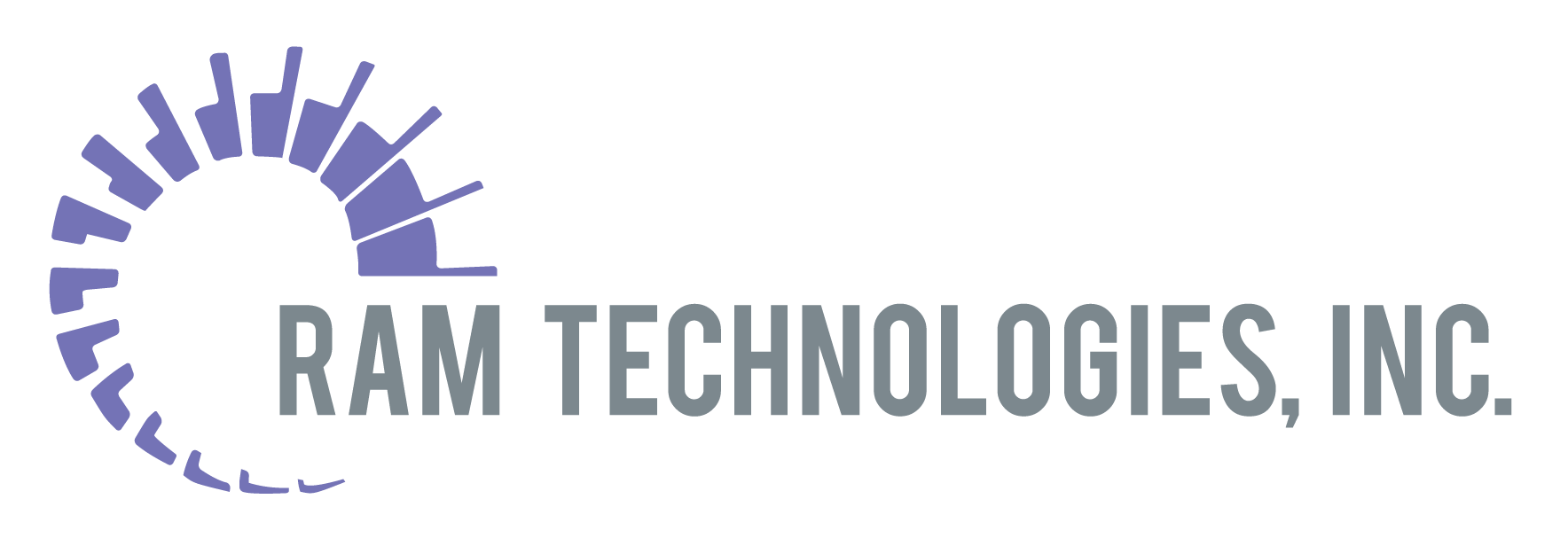Cancer patients and cancer survivors enrolled in Medicare Advantage spend an average of $2,095 less each year on insurance premiums and out-of-pocket expenses, and they are less likely than their fee-for-service Medicare counterparts to spend 20% or more of their income on health care, according to a report from ATI Advisory for the Better Medicare Alliance.1,2
Researchers found that:
- MA subscribers are equally or more likely than FFS beneficiaries to have received key cancer screenings within the past year
- MA subscribers without a cancer diagnosis spend around $2,000 less on health care each year than Medicare FFS beneficiaries
These differences cannot be attributed to selection bias, as researchers noted that approximately 50% of patients with a cancer diagnosis enrolled in MA have an income below 200% of the federal poverty level, compared with only 33% of FFS Medicare beneficiaries and about 20% of cancer patients or survivors enrolled in MA experience food insecurity, compared with 14% of those in FFS Medicare. Additionally, MA enrollees are more likely to identify as Black or Latino than FFS Medicare beneficiaries.
For the report, researchers with ATI interviewed representatives from two MA plans, an integrated delivery system that includes an MA product, a health care provider group that works with MA plans, a cancer-focused company that specializes in care coordination and an advocacy organization.2 They found:
- Care management and navigation are key features in MA plan design
- Screening for cancer status and risk in health risk assessments helps plans flag the need for intervention
- Engaging providers, cancer patients and other enrollees in identification of cancer through screening improves outcomes
- Screening for and addressing SDOH improves outcomes
- Palliative care option improves quality of life for members.
Managing risk, needs
Care management programs that leverage data to predict member needs help MA plans manage risk. Large health plans interviewed by ATI gather data about patients’ risks through the health risk assessment process. One incorporates data about cancer diagnosis into the plan’s inpatient predictive model, and targeted care management is deployed for high-risk enrollees.
A National Comprehensive Cancer Network work group recommended that all patients with cancer be screened at least annually for access to food and transportation, housing security and financial security.3 Both health plans interviewed recognize the importance of addressing SDOH in care for chronic conditions like cancer.
The report also noted that:
- the integrated health care delivery system offers social daycares to alleviate loneliness
- the provider organization offers social support, transportation, meals, wigs and other support
- the cancer-focused health care company that works with MA plans added nutrition services to a suite of clinical services.
Another challenge for members with cancer is that they frequently must navigate an array of providers who don’t always communicate directly with one another. Care coordination and navigation support may be particularly important for MA subscribers who receive care at community health facilities, rather than at an academic medical center, according to the report.
Palliative care, meanwhile, can improve cancer patients’ quality of life and does not preclude treatment. The MA plans in the study use predictive analytics to identify patients who may benefit from a palliative care model. The cancer-focused health care company engages patients in conversations about palliative care up front and explains the model, which has improved uptake of palliative care services.
It also offers a capitated model with some MA plans and takes on financial risk. Under this model, the company uses data and offers clinicians profiles of their cancer patient populations, which aligns providers with value-based care while reducing actuarial risk for the health plan.
Medicare Advantage plans have more flexibility than FFS Medicare to provide supplemental benefits and to increase the number of touch points with their subscribers. By providing these additional benefits and services, they can continue to provide the best and most affordable care possible to a growing number of beneficiaries.
To stay up to date on the latest from RAM Technologies, follow us on LinkedIn
References
- Better Medicare Alliance. Study: Medicare Advantage has unique ability to meet needs of cancer patients and survivors. Sept. 7, 2023. https://bettermedicarealliance.org/news/study-medicare-advantage-has-unique-ability-to-meet-needs-of-cancer-patients-and-survivors/
- Better Medicare Alliance. Approaches to cancer coverage and care in MA. Sept. 7, 2023. https://bettermedicarealliance.org/wp-content/uploads/2023/08/BMA-Approaches-to-Cancer-Coverage-and-Care-in-MA-July-2023.pdf
- National Comprehensive Cancer Network. Recommendations for addressing health-related social needs in cancer care introduced at NCCN Policy Summit. Sept. 12, 2023. https://www.nccn.org/home/news/newsdetails?NewsId=4134

